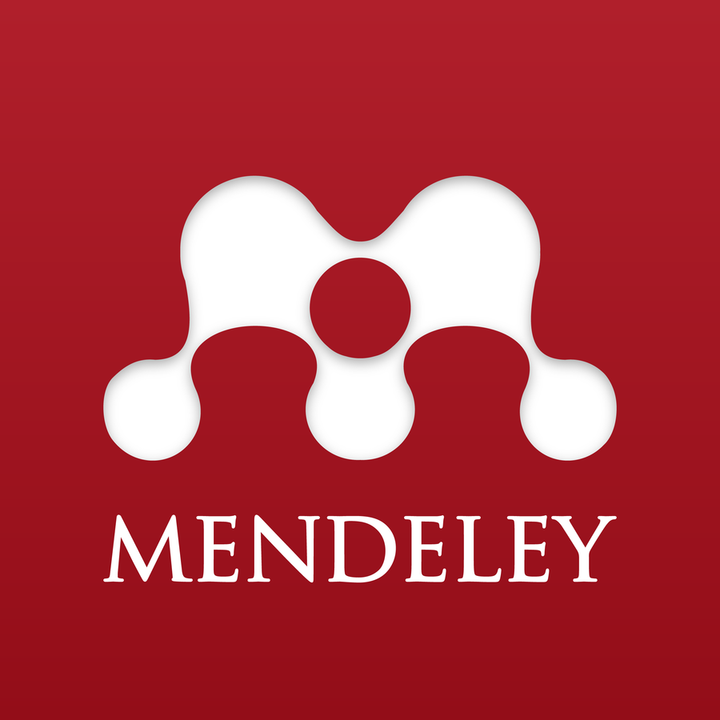The main tasks of the author:
1. The author is responsible for the work and content of the article.
2. The author is obliged to improve the response of the reviewer.
3. Do not withdraw articles from the publishing process, unless declared rejected (decline).
4. Make a statement that the paper submitted for publication is original, has not been published anywhere in any language, and is not in the process of being sent to another publisher.
The main duties of the Chief Editor:
1. Ensure the availability of sufficient number of manuscripts with good quality to maintain the continuity of the publishing schedule.
2. If the supply of manuscripts is not sufficient, the Chief Editor must communicate with the Editorial Board to solicit more manuscripts, it may also be based on geographical considerations of the Editorial Board's origin, or other considerations.
3. Ensure the suitability and adequacy of articles to the focus and scope of the journal and determine the policy of whether or not Call for Papers is necessary to prospective authors or whether or not there is a Special Issue or Thematic Issue.
4. Selecting and determining the Editorial Board according to need and adequacy by taking into account the diversity of origin of the institution.
5. Always coordinate with the Editorial Board regarding the continuous development and development of the journal.
6. Give considerations about the need for advertisements, reprints, prints, or others that can generate Revenue Generating Activities (RGA) for journals.
7. Promote journals to colleagues and friends in their fields of knowledge.
The main duties of the Editorial Board are:
1. To review journal manuscripts
2. To provide suggestions regarding journal policy and journal scope.
3. Attracting or recruiting new authors and new manuscripts from the authors, especially in the area or the surrounding area they represent.
4. Provide advice and consideration in cases of violations of publication ethics.
5. Submitting the manuscript he wrote to the journal where he is on the Editorial Board, however, there should be no Conflict of Interest.
6. Able to make decisions whether or not manuscripts submitted to the journal are accepted.
The main duties of the Managing Editor:
1. Receive assignments from the Chief Editor to handle manuscripts that have been checked for suitability of scope and writing format by the Chief Editor.
2. Looking for prospective Peer-Reviewers who are in accordance with the topic of the assigned manuscript and invite them and assign them.
3. Continuously check whether the manuscripts assigned to the Managing Editor have been reviewed by the invited Peer-Reviewers, if the Peer-Reviewers have not returned comments in accordance with the assigned timeframe, a Reminder can be made.
4. If the Peer-Reviewers have returned their comments and recommendations, and according to the Managing Editor it is sufficient to give a decision (temporary or final), then the Managing Editor immediately decides (temporarily) the manuscript, whether it is rejected or needs major revision or minor revision or is accepted. Usually, manuscripts are rarely accepted immediately. If the decision is Minor Revision (OJS: Revision Required), then the author's submission of revisions is enough to be checked by the Managing Editor without being returned to Peer-Reviewers (unless there are special cases where there are doubts that need further consideration). If the decision is Major Revision (OJS: Resubmit for Review), then the submit revision from the author needs to be reviewed again by Peer-Reviewers
5. If the revisions to the manuscript from the author are good enough and appropriate, the Managing Editor in coordination with the Chief Editor makes or chooses the final decision, whether it is accepted (Accepted) or rejected (Decline or Reject). Then the Implementing Editor provides an Acceptance/Rejection Letter notification to the author.
The main tasks of the Peer-Reviewer:
1. Provide objective and unbiased written feedback regarding the scientific value and contribution of the manuscript to the development of science.
2. Indicates whether the writing of the manuscript is clear, complete, and relevant, and whether the manuscript is in accordance with the scope of the journal.
3. Do not give criticism or comments that are personal.
4. Maintain the confidentiality of the manuscript, by not discussing it with unrelated parties, or disclosing the information contained in the manuscript to other parties.
The main tasks of Website and IT Support:
1. Setting up a journal website.
2. Configure system options and manage user accounts.
3. Register for editors, reviewers, and writers.
4. Manage journal features.
5. View report statistics.






